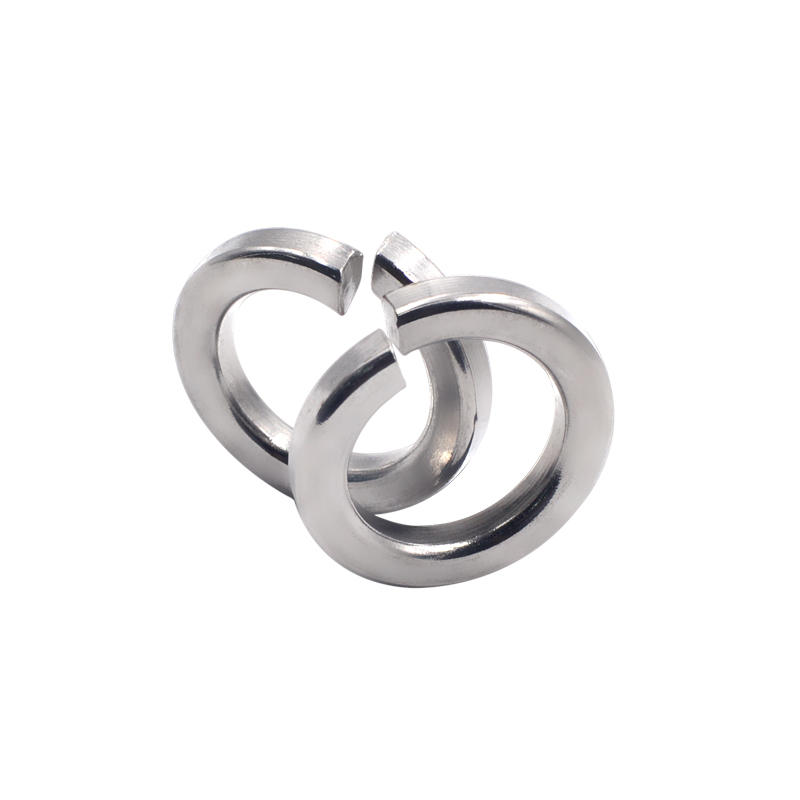- Time:2024/01/24 Posted:Dongguan prospect hardware accessories co.,ltd
Introduction: Understanding the Importance of Corrosion Resistance

Corrosion is a major concern when it comes to outdoor applications that involve standard fasteners. The harsh outdoor environment, including exposure to moisture, UV radiation, and various contaminants, can significantly impact the durability and performance of fasteners. Therefore, it is crucial to carefully consider corrosion resistance in order to ensure the longevity and reliability of fasteners in outdoor settings. In this article, we will discuss the key factors that should be taken into account when selecting fasteners for outdoor applications.
1. Material Selection
The choice of material is vital in determining the corrosion resistance of fasteners for outdoor use. Stainless steel is a commonly preferred option due to its inherent resistance to corrosion. Specifically, stainless steel grades such as 304 and 316 offer excellent resistance to rust and corrosion in outdoor environments. These alloys contain a combination of chromium, nickel, and other elements that create a protective oxide layer on the surface, effectively shielding the metal from corrosive elements.
Other materials such as aluminum, brass, and titanium can also provide adequate corrosion resistance depending on the specific application requirements. It is important to consider factors such as the expected level of corrosive exposure, temperature variations, and the presence of other reactive elements in the environment when selecting the appropriate material.
2. Coatings and Treatments
In addition to material selection, coatings and treatments can significantly enhance the corrosion resistance of standard fasteners for outdoor applications. One commonly used coating is zinc plating, which provides a sacrificial layer that corrodes instead of the underlying metal. This sacrificial effect helps to protect the fasteners from corrosion.
Other coating options include galvanizing, epoxy coatings, and organic coatings. These coatings create barriers that prevent moisture and corrosive substances from coming into direct contact with the fasteners. The choice of coating should be based on the specific environmental conditions, expected lifespan of the fasteners, and compatibility with other materials.
3. Design Considerations
The design of fasteners can also influence their corrosion resistance in outdoor applications. For instance, fasteners with smooth surfaces and rounded edges are less prone to corrosion compared to those with sharp corners or exposed threads. Smooth surfaces minimize areas where moisture and contaminants can accumulate, reducing the chances of corrosion.
Furthermore, proper drainage and venting should be incorporated into the design of outdoor structures to prevent the accumulation of water or condensation in areas where fasteners are installed. This helps to minimize the exposure of fasteners to prolonged periods of moisture, which can accelerate corrosion.
4. Maintenance and Inspection
Regular maintenance and inspection play a crucial role in preserving the corrosion resistance of fasteners in outdoor applications. Periodic cleaning and removal of debris, such as dirt, leaves, and other potential corrosive substances, can prevent the buildup of corrosive agents on the surface of fasteners.
Additionally, thorough inspections should be conducted to identify any signs of corrosion or damage. Prompt replacement of corroded or damaged fasteners is essential to maintain the structural integrity of outdoor installations and prevent further corrosion spread.
5. Consultation with Experts
Achieving optimal corrosion resistance in outdoor applications with standard fasteners can be a complex task. Therefore, it is advisable to consult with corrosion engineering experts or fastener manufacturers who specialize in outdoor applications. These experts can provide valuable insights and recommendations based on their knowledge and experience, ensuring the selection of appropriate materials, coatings, and design modifications.
Conclusion
When it comes to outdoor applications with standard fasteners, considering corrosion resistance is crucial for maintaining the longevity and reliability of installations. Material selection, coatings and treatments, design considerations, regular maintenance, and consultation with experts all play significant roles in achieving optimal corrosion resistance. By carefully evaluating these factors, users can ensure the durability and performance of fasteners in outdoor environments, ultimately avoiding costly repairs and replacements.
